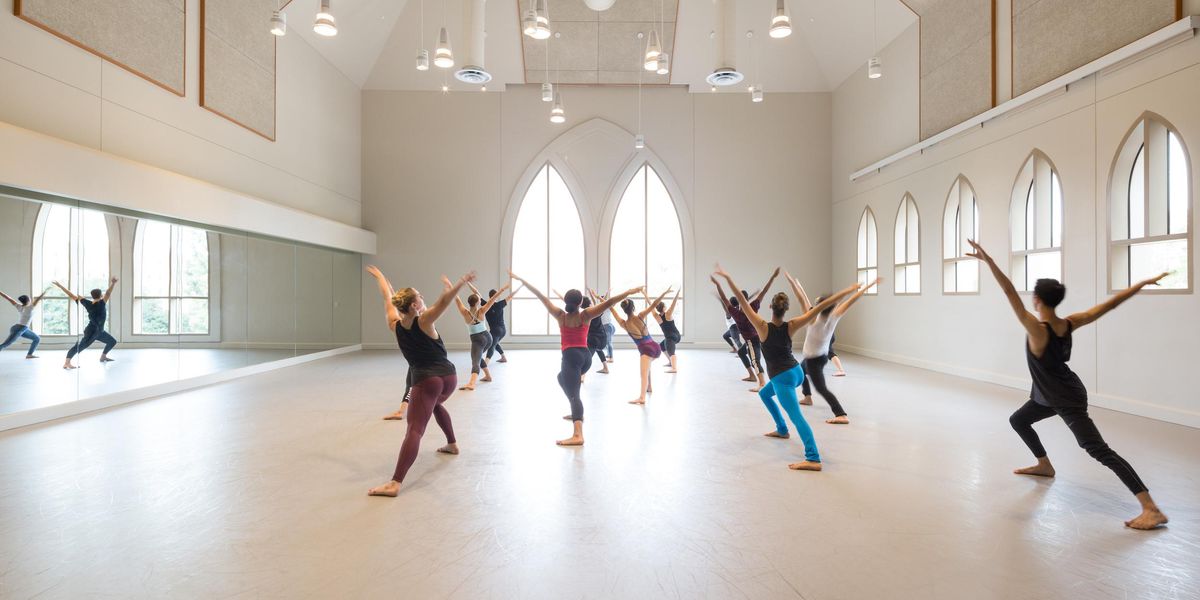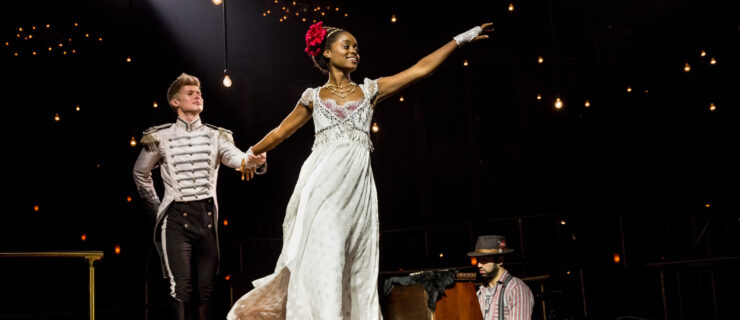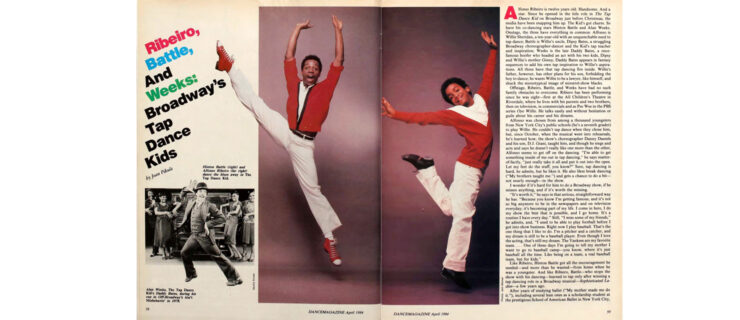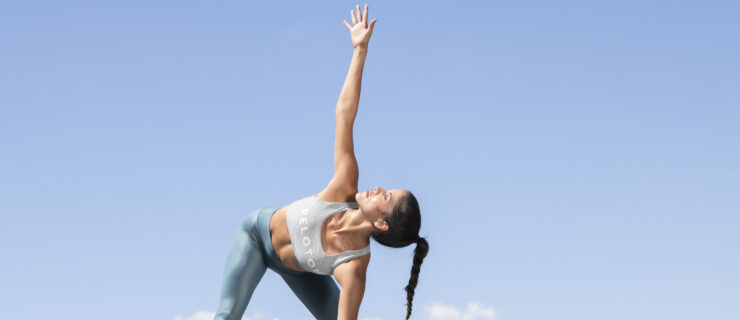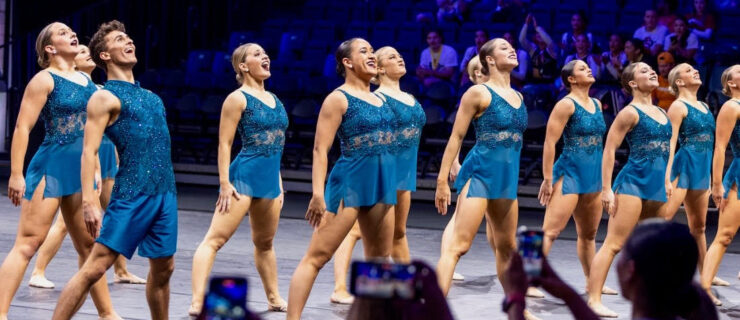Make the Most of Your Mentor
When Attila Joey Csiki returned to New York after seven years of dancing for Tokyo Ballet, he knew he needed a break from traditional company life. He reached out to an old friend he had always respected, and asked if they could catch up. Steven Caras, a former New York City Ballet dancer and photographer, ended up giving Csiki life-changing career guidance: a recommendation that he should try dancing for Lar Lubovitch, as well as a personal introduction to the choreographer.
“Steven thinks a little more logically than many artists because he has had executive positions,” explains Csiki. “It was almost like he was interviewing me. We watched videos of my dancing. I got booked in Movin’ Out and received a contract at Hubbard Street Dance Chicago, but I ultimately turned down both. At that time, Lar’s company was a yearlong commitment, it was small, I loved the choreography and there was a lot of touring. It was a perfect fit.”
Mentors are those people in our lives who have the ability to see our talents clearly and the wisdom to advise us accordingly. No matter where you are in your career, there is someone who has been there before who may have just the guidance, pep talk, tough love or listening ear you need. A mentor/mentee relationship can develop with an older colleague, a choreographer, a teacher, a boss or a friend, but for a mentee to make the most of the relationship, an open mind and a respectful rapport are required.
Two-Way Street
“When I hear ‘Do what your heart says,’ from someone I look up to, it makes it so much more reassuring.” —Attila Joey Csiki. Photo by Christopher Duggan.
Finding a mentor is similar to developing a friendship. Instead of forcing it, be patient and observant, so that an organic connection can emerge. “You will often kind of know if a person might be interested in mentoring you before you even have to ask,” says Hanna Brictson, dancer and assistant rehearsal director with River North Dance Chicago. “A connection is sometimes obvious based on personalities.”
Pay attention to the people in your life who seem curious about and invested in your future, and listen closely when they offer up their wisdom. For Brictson, commitment and hard work when she was a student naturally brought out the career advice of one of her teachers. “She pushed me to branch out, suggested I move around and try certain teachers, and guided me with her opinions,” reflects Brictson of her first mentor, whom she credits with helping her find a professional dance path.
For Csiki, who now performs in the Broadway hit An American in Paris, working with Lubovitch eventually developed into a fruitful mid-career mentorship. “My relationship with Lar has changed over the years from director to friend to mentor,” says Csiki. “I always ask him ‘What’s my next move? What do you think?’ And when I hear ‘Do what your heart says,’ from someone I look up to, it makes it so much more reassuring.”
Timing Is Everything
While enthusiasm and ambition can be great traits, it is important not to overwhelm a possible mentor early on with difficult questions or demands. Most mentors will be open to your questions; usually it is just a matter of when you ask. “With Lar, there were times when he was in a creative space and I knew it wasn’t a good time to talk or interrupt him,” says Csiki. “But if we were on a plane or in an airport and I could sit next to him, that was a good time to talk, or after a good, light rehearsal I might say ‘Let’s get a beer.’ ” Karina González, principal dancer with Houston Ballet, remembers, “When I was younger, if I wanted to get help from someone, sometimes I would stay longer after rehearsal and see what developed.”
You don’t have to have a personal relationship to have respectful timing. Remember that your mentor has his or her own workday and stresses. “Before class is not a good time,” says Brictson, “because it is a dancer’s Zen. But maybe right after class, at the water fountain, you can ask, ‘Do you have time to talk or help me out with choreography at lunch or later this week?’ ” Don’t spring any requests or dump news on your mentors. Instead, suggest a time in the future to talk to give them advanced notice.
What’s Off Limits?
While there are no set rules to how a mentor can guide you, both inside and outside the studio, there are ways to make sure you do not cross the line and abuse the privileges of the relationship. Brictson helps run the audition for River North every year, which often places her in the office discussing dancers and choreography. “A student of mine had been auditioning and was given an opportunity to do the summer program but was never offered an apprenticeship. She would text me asking why and I felt like she was using me,” says Brictson. “You want to use your connections, but don’t forget to look at it in a professional manner.” Be respectful of boundaries both personal and professional. The less overtly opportunistic and the more eager you are to simply learn and grow, the more your mentor can help you, particularly in those surprising ways you never even knew you needed.
